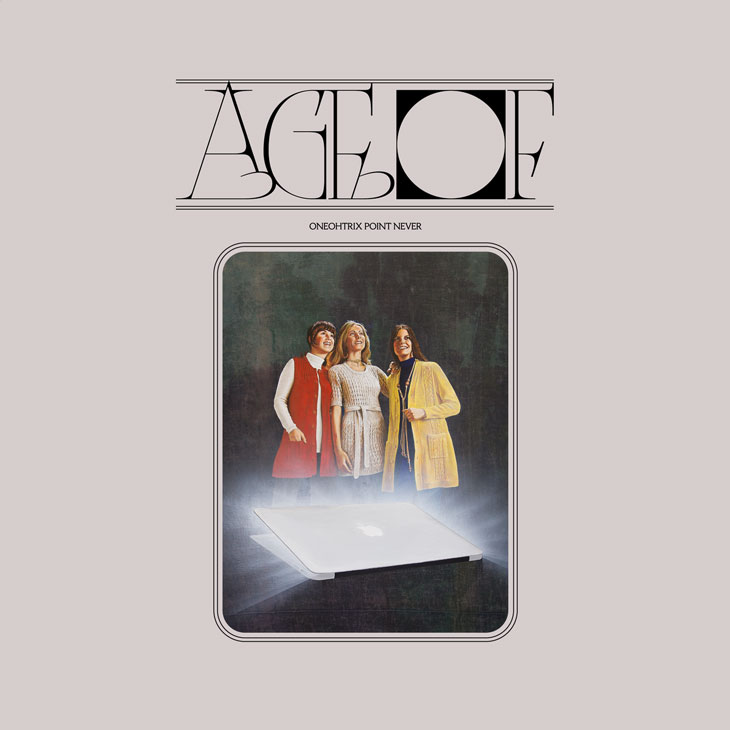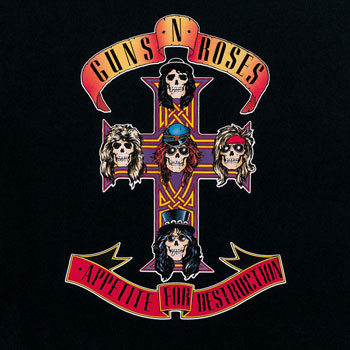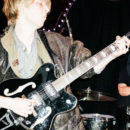“No information, no harmony; yeah, a wave of black snow” – Black Snow
What if, at the end of time, omniscient A.I. gods, in their boredom, aggregated the glitches and particulate matter of data in their quantum motherboards to see what it was like to be as mercifully stupid as humanity? This question drives Daniel Lopatin i.e. Oneohtrix Point Never’s ninth, and warmest, terror Age Of.
This album is a sentence fragment. Songs don’t end so much as they are abruptly pulled apart under the stress of their algorithmic failure. It’s claustrophobic, despite the wide-open, dense, and detailed composition. Occluded influences fight their way around the abnegation at the center of the album. Bach-esque harpsichord, Beach Boy baroque, and psychedelic soul clash with glitch rock, ambient vaporwave, and nu-metal all pulling at crossroads on a Stockhausen aleatoric power trip that sound like a lush rendition of Kontakte.
Logarithmic sound fractures – the juttering spaciousness of dying synth, thick, Daft-Punk-vocoded vocals, and soft neo-soul – ebb and flow with vindictive brevity. Mired in entropy, chaos, and abstraction, Age Of feels most vital in the context of its concept, and the conflicting clash of sounds and styles captures that fractious, fractal, soporific terror that accompanies existential freedom and dread.
The execution of the concept elevates what would be, under other circumstances, a very pretentious premise into a living, bleeding visceral experience. This feeling of life being created by machines that strive for beautiful stupidity drives the tension of its fractured collages, which are often short enough that the development of their ideas is an act of collapse. It’s like listening to petulant children, spoiled by their lack of want, building decaying objects for fun. It is infinitely compelling.
More powerful than Lopatin’s compositions, which he describes as “little nightmare ballads," is James Blake’s production. The sounds feel precise, crystal, dense, sensuous, and terrible. The highest glitching novation patch is as vital and living as the thickest rumble of bass, and all sounds in between. More impressive, however, is how the production differentiates and delineates the myriad genre reflected in the album’s broken mirror structure, and not only gives a sense of narrative cohesion, but also a sense of quantum decoherence.
The sense of perpetual emptiness, ellipsis, and entropy conveyed by the record overpowering. It is a testament to its success how much it overwhelms.
The major issues the record presents are also the things that make it so successful. At times, the soundscapes are so uncomfortable I feel the need to pause and catch my breath. The sense of perpetual emptiness, ellipsis, and entropy conveyed by the record overpowering. It is a testament to its success how much it overwhelms.
More pressing, however, is the abruptness and brevity. While refreshing in the context of ambient music, some of the tracks could use breathing room to marinate and develop. Further, the vocals are hit or miss, and can either work extremely well, or bring down the tracks on which they appear.
However, if you want to look at the broken edge of the end of the universe, look no further.
Until I sing for Babylon.
8,270 out of 10,000













